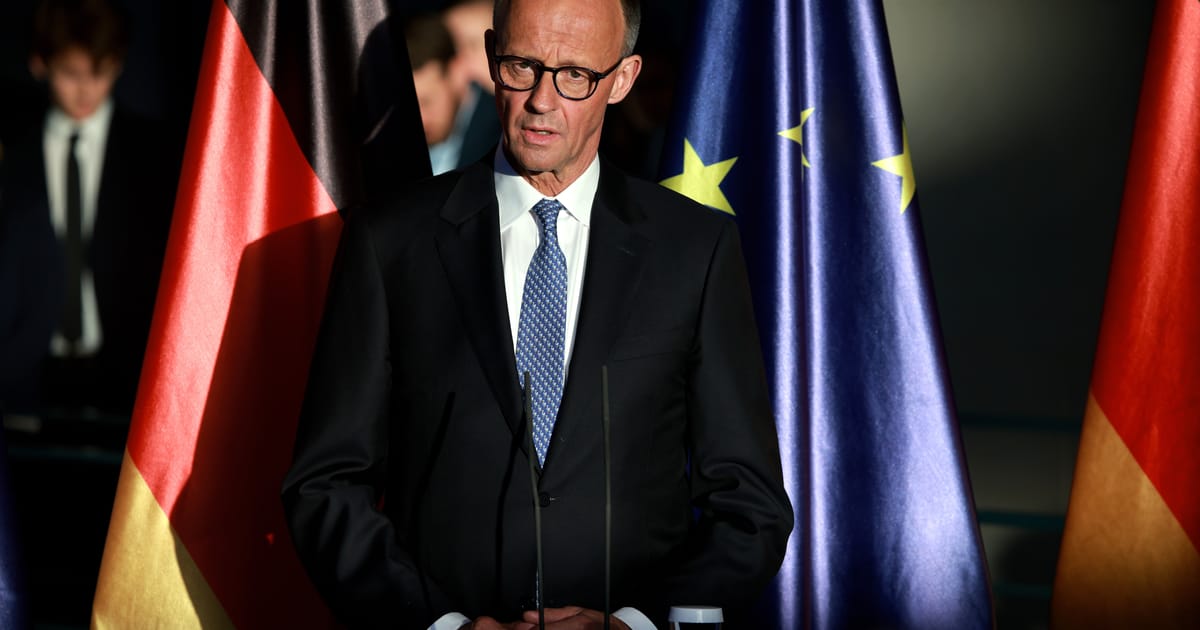Just as significant, however, is Merz’s second foreign visit, which is set to be with Polish Prime Minister Donald Tusk — a meeting that underscores just how much the bloc has changed.
There’s good reason to believe that the Franco-German “motor” within the EU will jolt back to life in the Macron-Merz era. The two men agree on many things, from the need to create a “sovereign” Europe to the existential obligation to prevent Russia from winning the Ukraine war.
Moreover, Merz has made it clear that, faced with U.S. President Donald Trump’s “America First” unilateralism, Germany’s delicate post-war pas de deux with the EU and the U.S. must end, and he has called for “independence” from Washington.
All this implies an even closer relationship between Berlin and Brussels — and, therefore, Paris. All the same, it would be wrong to believe the Macron-Merz partnership can become as powerful and pivotal as the Franco-German partnerships of the past, whether in the Giscard-Schmidt era of the 1970s, or the Mitterrand-Kohl double-act of the 1980s.
The EU has become larger and more complex. And Merz’s Warsaw visit recognizes the bloc’s multipolarity — a fact, however belatedly, also accepted by France.
According to his most senior advisers, one of Merz’s foreign policy aims is to strengthen the so-called triangular “Weimar” relationship between Berlin, Paris and Warsaw — perhaps through the negotiation of a new treaty.
